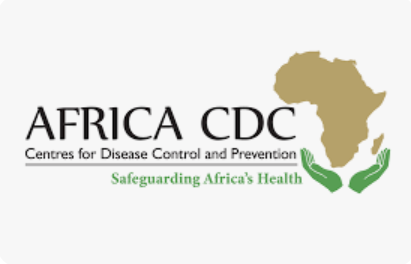The Africa Centres for Disease Control and Prevention (Africa CDC) has cautioned that misinformation and stigma continue to undermine Mpox response efforts across the continent, even as communities show overwhelming readiness to embrace vaccination.
In its interim analysis released on Wednesday, the continental health agency revealed that while demand for vaccines has already outstripped supply in countries such as Nigeria and Kenya, discriminatory attitudes and cultural misconceptions are slowing progress in containing the disease.
The study, which drew on more than 17,000 surveys and over 200 interviews across nine countries, showed that knowledge gaps remain significant.
Read Also: WHO ends global Mpox emergency after decline in Africa cases
In the Republic of Congo, only 10% of respondents were able to recognise more than three symptoms of Mpox, while in the Democratic Republic of the Congo (DRC), fewer than one in ten could both identify signs of infection and dismiss myths.
According to the report, stigma was particularly visible in Burundi and the DRC, where more than 40% of respondents admitted they would shun people affected by viruses.
Cultural explanations have also complicated health responses, with some communities in Kenya attributing Mpox to curses, turning first to traditional healers rather than clinics.
In rural areas of the Central African Republic and the DRC, high rates of self-medication and unsafe interactions with wild animals were reported.
Prof Mosoka Fallah, head of the Mpox Incident Management Support Team (IMST) research pillar, stressed that stigma and misinformation must be confronted urgently.
“Community trust and participation are our greatest assets, but to truly succeed, we must close knowledge gaps, tackle stigma and build local capacity,” he said.
Africa CDC Director-General, Dr Jean Kaseya, echoed this, warning that behavioural drivers are as critical as biomedical tools in managing outbreaks.
“If we do not address stigma and misinformation, we risk undermining the gains made,” he noted.
Since Mpox was declared a continental health threat in August 2024, Africa CDC and the World Health Organisation (WHO) have mobilised more than $1.2 billion to support response efforts, nearly doubling the initial funding appeal.
The mechanism now extends its support to cholera outbreaks in 23 African countries.
The study concluded that while African populations are eager to adopt preventive measures, sustained success will hinge on public education campaigns, the dismantling of myths, and reducing stigma attached to the disease.



